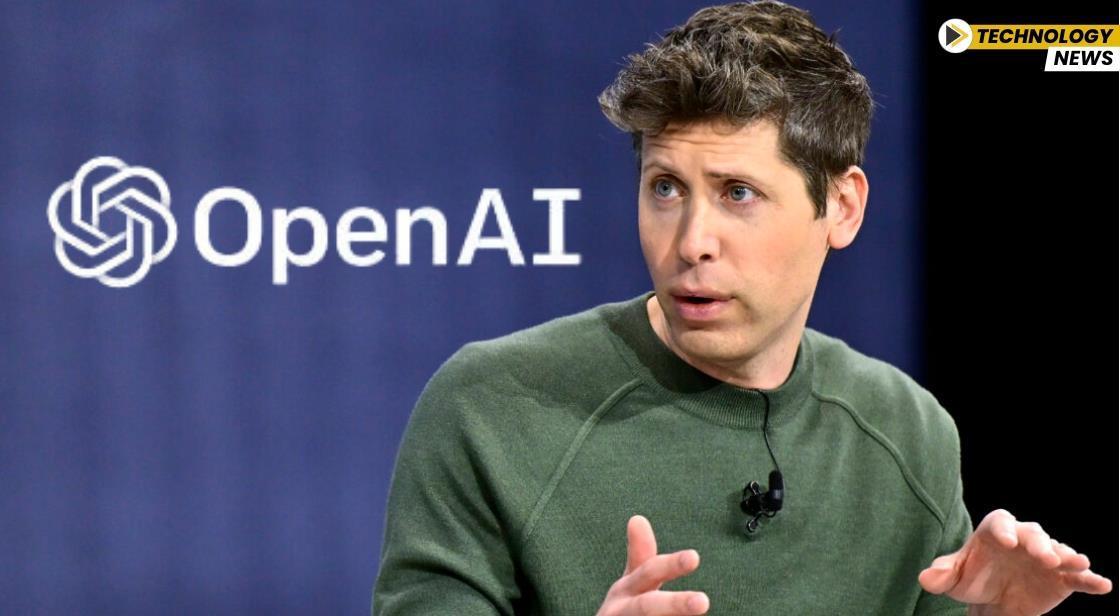OpenAI Developing AI Text-to-Music Generator to Compete with Suno

News Synopsis
OpenAI, the San Francisco-based AI leader, is reportedly venturing into AI-generated music, developing a tool capable of creating music using text and audio prompts. This move positions OpenAI to compete with existing platforms like Suno, Udio, and Beatoven.ai, expanding its footprint in creative AI tools following recent launches such as the Sora AI video app and ChatGPT Atlas browser.
OpenAI’s Expansion into AI Music
According to The Information, OpenAI is working on a new AI tool designed to generate instrumental music and enhance audio tracks. The system could potentially add music to AI-generated videos, augment non-synthetic videos, or layer instruments onto vocal tracks. While specific technical details are sparse, it is likely that the tool will leverage a large language model (LLM) or a similar AI framework optimized for music creation.
This initiative reflects OpenAI’s strategy to expand horizontally across multiple creative domains, moving beyond text and video into music generation. The rumored tool could become part of a broader ecosystem connecting OpenAI’s AI video, text, and audio services.
Collaboration with Juilliard for Music Training
Reports indicate that OpenAI is collaborating with students from the Juilliard School to help annotate the training data for the AI music model. This partnership suggests a focus on high-quality musical outputs and professional-grade accuracy in generated compositions.
While it remains unclear whether this AI music generator will be available as a standalone product, the collaboration underscores OpenAI’s commitment to quality and realistic music generation.
The Competitive AI Music Landscape
The AI-generated music segment is already populated with notable players:
-
Suno (Cambridge, Massachusetts) – Leading the market with its AI song generation tools. Suno reportedly increased its annual recurring revenue to $150 million.
-
Udio (New York City) – Offers AI-generated music for creative projects.
-
Beatoven.ai (Bengaluru) – Provides AI-powered music creation for content creators and marketing purposes.
OpenAI will face stiff competition as it enters this growing sector. Suno, in particular, dominates the market, making OpenAI’s move both ambitious and challenging.
Potential Features of OpenAI’s AI Music Tool
While full details are limited, the tool is expected to include:
-
Text-to-Music Conversion – Generate music tracks from written prompts.
-
Audio Prompt Integration – Enhance or modify existing tracks using AI.
-
Instrumental Additions – Layer instruments onto vocals or pre-existing audio.
-
Video Integration – Sync music with AI-generated video content from Sora or other platforms.
These features indicate OpenAI’s ambition to create a comprehensive creative AI platform that spans multiple media types.
OpenAI’s Recent Moves in AI Expansion
This development follows OpenAI’s recent initiatives to broaden its product ecosystem:
-
Sora App – AI-generated video creation platform with social feed functionality.
-
ChatGPT Atlas – AI-powered web browsing tool.
The rumored AI music generator aligns with OpenAI’s strategy to explore new verticals and capitalize on the increasing demand for creative AI tools.
Market Implications and Outlook
OpenAI’s entry into the AI music space may reshape the competitive landscape. With established players like Suno, Udio, and Beatoven.ai already capturing market share, the quality and usability of OpenAI’s tool will be critical for adoption.
Additionally, OpenAI’s status as a Public Benefit Corporation (PBC) may provide access to more equity, potentially supporting large-scale development and marketing for this new product. If successful, the AI music generator could become a key offering in OpenAI’s creative AI suite, enhancing its appeal to content creators, musicians, and media professionals.
Conclusion
OpenAI is reportedly developing a text-to-music AI tool designed to compete with Suno, Udio, and Beatoven.ai. With features like instrumental music generation, video integration, and professional training data, the tool could become a significant player in the AI music generation market. While details remain limited, OpenAI’s move highlights its commitment to expanding creative AI solutions and diversifying its product portfolio.
You May Like









